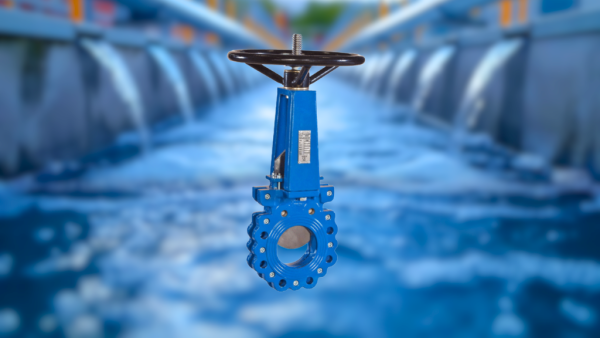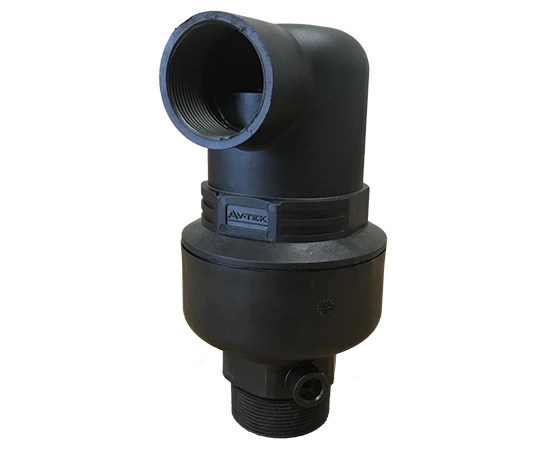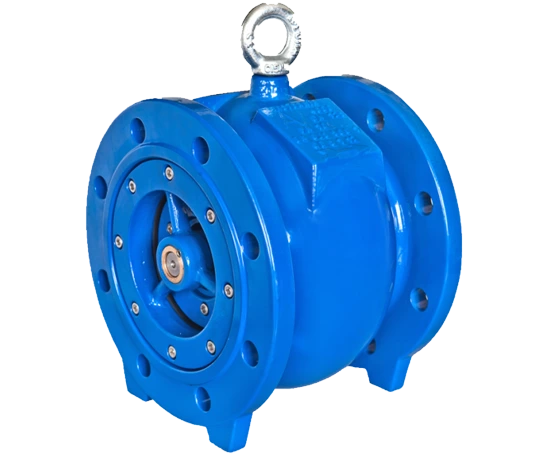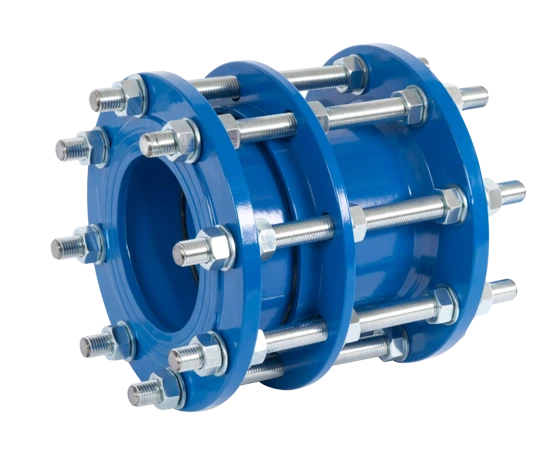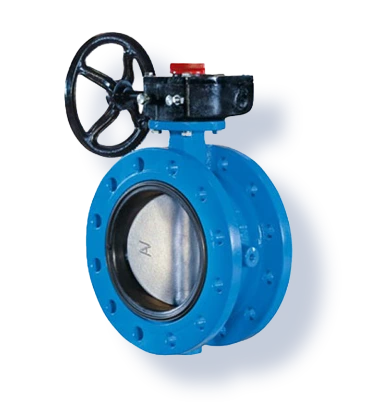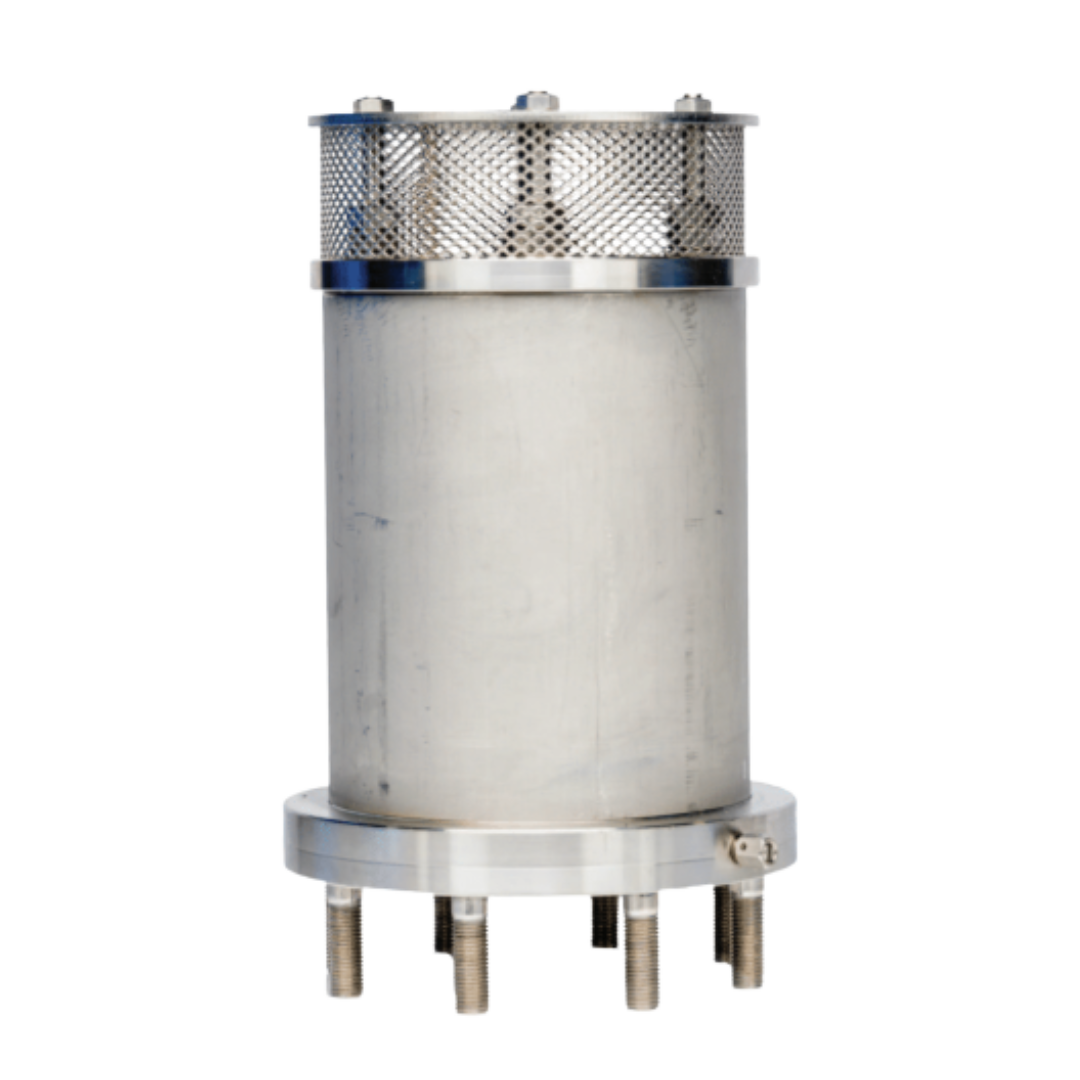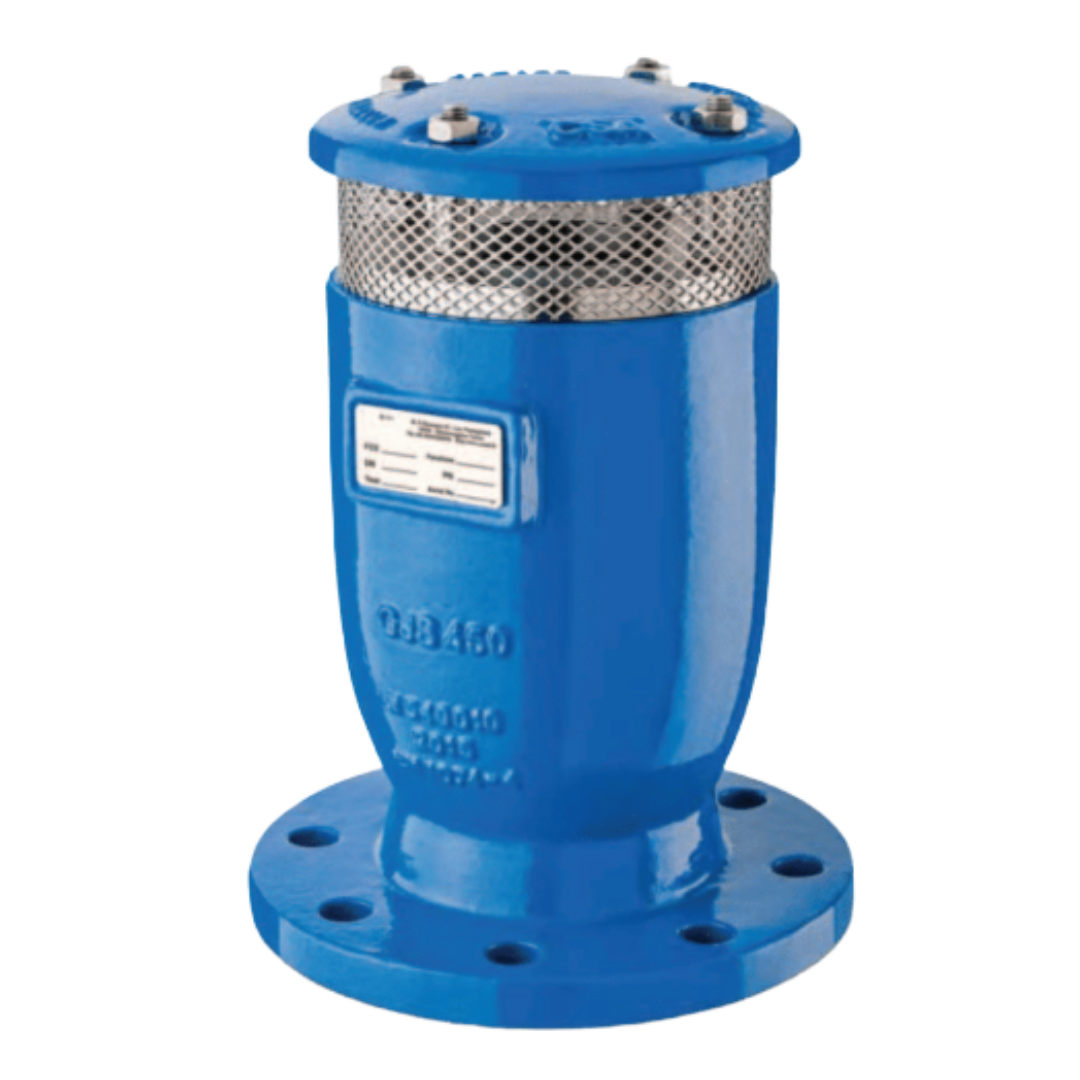When your operation handles thick, abrasive, or fibrous media, choosing the right valve isn’t just important—it’s critical. In industries like wastewater treatment, mining, pulp and paper, food processing, and chemical manufacturing, you deal with heavy, often unforgiving materials. These are not easy flows. Sludge. Slurry. Semi-solids. Stringy pulp. High-solids concentrations. Media that doesn’t just flow—it grinds, clogs, and corrodes everything in its path.
That’s where knife gate valves prove their worth.
At AvTek Valves, we understand the real-world challenges our clients face every day. Standard valves may work for a while, but over time, they fail—whether it’s due to clogging, erosion, or improper sealing. When uptime matters and maintenance windows are rare, you need a solution that’s built for the harshest conditions. You need a valve with guts. That’s exactly what knife gate valves are engineered to deliver.
What Is a Knife Gate Valve?
A knife gate valve is a type of industrial valve designed to isolate flow in systems that carry dense, thick, abrasive, or viscous media. Unlike traditional gate valves, knife gates use a sharply beveled blade-like disc that literally cuts through solids and fibrous materials. The mechanism slides into place to stop the flow and retracts to open, offering a clear, unobstructed pathway.
Key advantages of knife gate valves:
Excellent shut-off for slurry, sludge, or fibrous flow
Low-pressure drop when open
Compact and simple design
Low maintenance needs
Great resistance to abrasion and corrosion
Why Choose a Knife Gate Valve?
Let’s explore the main reasons why engineers and maintenance teams consistently choose knife gate valves when facing harsh environments:
1. Unmatched Performance in Slurry & Sludge
Slurry systems—like those in mining, mineral processing, and wastewater—are notorious for destroying conventional valves. Solid particles grind internal components. Fibrous media creates blockages. And over time, valves fail.
Knife gate valves are purpose-built to handle:
High-solid slurries
Fibrous pulp and paper media
Chemical-laden wastewater
Grit and abrasive tailings
The sharp-edged gate shears through suspended solids. Combined with full-bore design and minimal flow restrictions, this reduces the risk of pressure build-up or clogging.
2. Durability in Harsh Environments
Our knife gate valves feature corrosion-resistant stainless steel, ductile iron, or specialized coatings (e.g., epoxy or rubber-lined bodies) depending on application needs. These materials endure constant exposure to chemicals, saltwater, and abrasive substances, ensuring years of dependable service.
Choose from options like:
304 or 316 stainless steel bodies and gates
Hard-coated gates for abrasive service
EPDM, PTFE, NBR, or metal seats
Rising or non-rising stems
Every material and component is selected for maximum resistance to the elements.
3. Minimal Maintenance Downtime
Knife gate valves feature a straightforward design—few moving parts and easy manual or automated actuation. That translates into fewer failure points and easier servicing when required. In facilities with limited maintenance staff or tight schedules, this can be a game-changer.
At AvTek, we design our knife gate valves for quick install and easy repair, reducing downtime and improving OEE (Overall Equipment Effectiveness).
Common Applications of Knife Gate Valves
Wastewater Treatment Plants
In municipal or industrial wastewater systems, operators often battle ragging, clogging, and stringy solids that jam valves. Knife gate valves solve this by cutting through fibrous media, allowing reliable shutoff and operation even when dealing with biosolids or grit.
Common installations:
Sludge lines
Dewatering systems
Digester feed systems
Inlet and outlet isolation
Mining and Mineral Processing
Knife gate valves are the industry standard in mining operations. From abrasive ore slurry to thick tailings, they can handle some of the most aggressive media encountered in industrial flow control.
Typical uses include:
Cyclone feed lines
Flotation circuits
Concentrate handling
Tailings discharge
Pulp and Paper Industry
Pulp stock contains fibers that can jam most conventional valves. Knife gate valves slice through the pulp, ensuring reliable shutoff and no blockages. Their full port design minimizes turbulence and fiber buildup.
Applications:
Pulp stock lines
Rejects handling
Bleach plant isolation
Black liquor lines
Food Processing & Chemical Plants
Even in regulated environments like food and beverage or chemical manufacturing, knife gate valves provide effective control over viscous liquids, sugar slurries, or corrosive chemicals—while meeting industry standards for safety and hygiene.
Real-World Results: Why Clients Switch to AvTek Knife Gate Valves
We’ve seen countless cases where clients approached us after experiencing recurring failures with globe, butterfly, or plug valves. The pattern is familiar:
Valves clog or jam during operation
Maintenance teams spend hours trying to restore flow
Downtime leads to lost production and mounting costs
Conventional valves wear out in weeks or months
After switching to AvTek knife gate valves, clients report:
✅ Longer valve lifespan – thanks to rugged materials and abrasion-resistant design
✅ Lower maintenance frequency – fewer breakdowns and service calls
✅ Improved process flow – less turbulence and fewer blockages
✅ Better ROI – reduced total cost of ownership over time
Available Actuation Options
Whether you need manual, pneumatic, electric, or hydraulic actuation, our knife gate valves are designed for seamless integration into your control systems.
Choose the option that best fits your plant:
Handwheel (manual) – best for simple systems or infrequent operation
Pneumatic actuators – fast response for automated control systems
Electric actuators – remote control and integration into SCADA or PLC systems
Hydraulic actuators – used in high-pressure environments with heavy-duty torque needs
You can also pair actuators with limit switches, position indicators, or solenoid valves for full automation.
Customization and Sizing Options
No two applications are exactly the same. That’s why AvTek offers a wide range of configurations and options, including:
Valve sizes from 2” up to 48”+
Wafer, lug, or flanged body styles
Bi-directional or uni-directional designs
Lockout/tagout devices
Sealing enhancements for vacuum or high-pressure use
Bonneted knife gates for critical containment
Our engineering team works with you to ensure your valve matches your system’s flow requirements, pressure class, and media type.
Safety and Compliance Standards
AvTek knife gate valves meet or exceed industry safety and performance standards, including:
MSS-SP-81 (for cast iron and ductile iron knife gate valves)
ASME B16.5/B16.47 (for flange dimensions)
API 598 (for pressure testing)
ISO 9001-certified manufacturing
Material compliance for food-grade or chemical-safe applications when required
We provide material test certificates (MTCs), product data sheets, and installation manuals with every order.
Partner with AvTek: Engineering, Support, and Results
When you choose AvTek, you’re not just buying a valve. You’re gaining a trusted partner. Our engineering and sales teams are with you every step of the way:
🔹 Pre-sales consultation – we help specify the right valve for your conditions
🔹 Custom engineering – for unique configurations or retrofits
🔹 After-sales support – including manuals, on-site training, and spare parts
🔹 Volume pricing – for large-scale projects or multi-site installations
🔹 Fast delivery – with short lead times and global shipping options
Don’t Let Sludge Slow You Down
If you’ve been dealing with downtime, clogging, or frequent valve replacements, it’s time to make the switch to serious performance. Knife gate valves aren’t a luxury—they’re a necessity when your flow control system demands reliability, strength, and efficiency.
Whether you manage a wastewater plant, run a processing facility, or oversee operations at a mine site, you need valves that won’t quit. Let us help you cut through the noise—and the sludge.
🔻 Download the Knife Gate Valve Product Guide
Frequently Asked Questions
Q: What’s the difference between a knife gate valve and a traditional gate valve?
A: Traditional gate valves are designed for clean media and create a sealing action by pressing a wedge-shaped gate into soft seats. Knife gate valves, in contrast, feature a sharp blade that cuts through solids and is better suited for slurry, sludge, and fiber-heavy applications.
Q: Can knife gate valves be used for bi-directional flow?
A: Yes, many AvTek knife gate valves are available in bi-directional configurations. However, uni-directional valves are more common and cost-effective for most applications.
Q: What seat materials are available?
A: We offer a variety of seat materials including EPDM, PTFE, NBR, metal seats, and more, depending on temperature, chemical compatibility, and sealing requirements.
Q: Do knife gate valves work with vacuum systems?
A: Yes, certain designs (especially bonneted models with O-ring seals) are suitable for vacuum or low-pressure gas containment applications.
Join the Industry Leaders Who Trust AvTek
Engineers, operators, and maintenance supervisors around the world rely on AvTek’s industrial valve expertise to ensure uninterrupted production. We’ve helped hundreds of facilities eliminate their valve issues by simply installing the right knife gate valve for the job.
Let us help you too.
Don’t just patch the problem—solve it for good.

